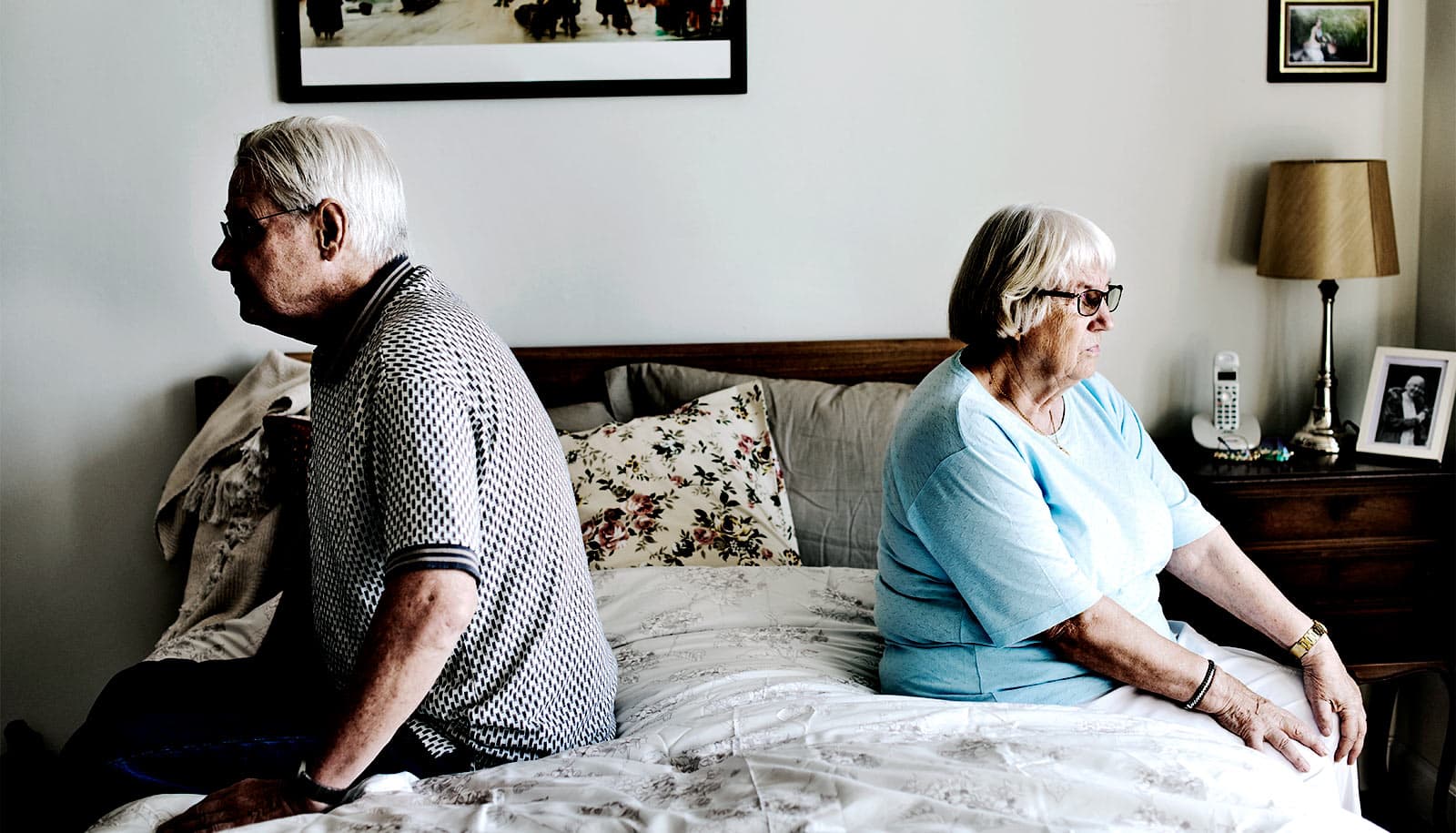Occupational therapy at home may improve a range of important outcomes for people with dementia and their family and other caregivers, a new study shows.
“Occupational therapy aims to enable people to participate in the things they need to do, like having a shower or cleaning the house, or things they want to do, such as going out to dinner or doing some gardening,” says Sally Bennett, associate professor at the School of Health and Rehabilitation Sciences at the University of Queensland.
“Occupational therapists help people with dementia and their carers find new ways of doing things, which allows them to still do activities they enjoy, to make changes to the environment which facilitate their participation, and by reducing the stresses they might be experiencing.
“Many people are not aware of what occupational therapy is, or the difference it can make in the lives of those living with dementia and their families.”
The new systematic review in BMJ Open analyzed results from 15 studies worldwide that tested the effects of occupational therapy provided for people with dementia and their families living at home.
“We found a range of benefits, including improvements in the ability to carry out daily activities and reduction in the occurrence of behavior changes, such as agitation or repetitive questioning that are common in dementia and often a result of unmet needs,” Bennett says. “We also found improvements in quality of life for both the person with dementia and the carer.
“This review adds new information to that contained in the Australian Clinical Practice Guidelines and Principles of Care for People with Dementia, and provides important information about nonpharmacological approaches that referring health professionals should be aware of.”
Almost half a million Australians currently live with dementia, and researchers estimate that number will reach 1 million within the next 40 years.
“Many of these people and their families will need support to manage the changes that occur and to continue to participate in things that are important to them,” Bennett says. “Being as independent as possible and being engaged in enjoyable activities and relationships is important for all of us.
“Similarly, people with dementia emphasize that there is much more to life than the diagnosis, and that it is possible to live well with dementia. Occupational therapy is one way to support this goal.”
Additional coauthors are from Flinders University, the University of Freiburg, McMaster University, the University of Sydney, Radboud University, Drexel University, and the University of Queensland.
Source: Dani Nash for University of Queensland



